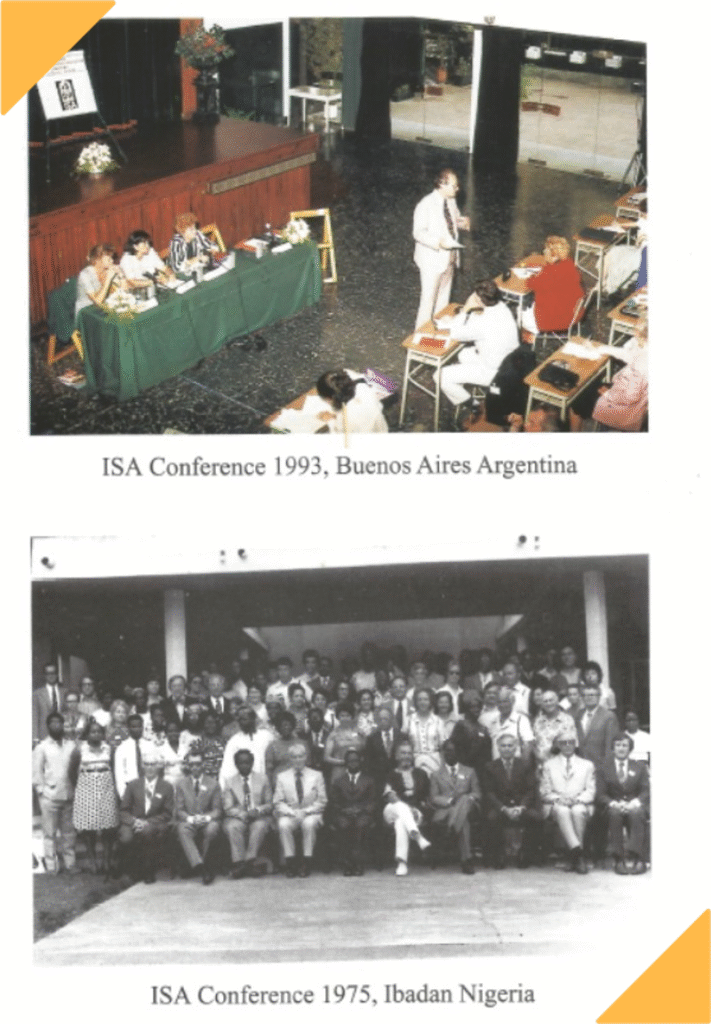WELCOME TO ISA
About Us
Education is the best instrument to build a better world. Living in peace is achieved by working together and celebrating our cultural diversity and similarity.
since 1951
Origins and Early Development
In 1951, the International Schools Association (ISA) began as a collaborative initiative among leading institutions like Ecolint, the United Nations International School of New York (UNIS), and the UN Nursery Schools in Geneva and Paris.
These schools convened at UNESCO Headquarters in Paris with a shared goal: to explore avenues for greater cooperation in international education. This historic meeting marked the birth of what would become ISA, initially established as the International Schools’ Liaison Committee.
This committee was founded both in and by UNESCO, a testament to its commitment to fostering global education. In 1956, the committee officially evolved into the International Schools Association (ISA) and set up its office in Geneva, Switzerland. Since then, ISA has been at the forefront of fostering intercultural understanding and promoting high educational standards within an international context.


Gerard Renaud
what we aim for
Mission
& Activities
- ISA has promoted education for international understanding and encouraged constant curriculum innovation and renewal.
- ISA used to organise a Conference on Language, such as the one held in 1962 in Milan.
- ISA used to organise the Conference of Internationally-Minded Schools.
- ISA used to organise workshops such as the ISA Mathematics Workshop back in 1977.
our values
Mission Statement
The International Schools Association works to promote international and intercultural understanding.
In so doing the Association espouses a number of values – peace, freedom, equality, tolerance and the celebration of both diversity and similarity – which express for the Association the essential meaning and purpose of multiculturalism and international mindedness.
The Association believes that young people should face the challenges arising from the acceptance of these values and is supportive of all organizations which share its conviction about internationalism, international mindedness and international education in all its forms and wherever it may be found.
looking towards the future
ISA Objectives
Peace and Education
Development
Investigation
Teamwork
International Understanding
Together
To publicize the aims and principles of international schools and promote international understanding among national schools.

It’s a small world ISA, Sweden 1991.
proud of our achievements
ISA Accomplishments
- In the 1960’s ISA was instrumental in the development of the International Baccalaureate Organization.
- In the 1980’s ISA created an international program for middle schools (11 to 16 year old students), which with further development by the IBO became the IBMYP (International Baccalaureate Middle Years Program).
- The establishment of a curriculum framework for Peace Education and Sustainable Development, designed as an instrument for schools to become more internationally minded.
- The publication of “Internationalism in Schools – a Self-Study Guide” a document designed to help schools understand the extent to which they are international or internationally-minded.
- Every year the ISA sponsors a “Youth Encounter” for students from member and non-member schools. Its purpose is to promote leadership within global and cultural themes.
- Every two years a World Conference is organized around a theme dealing with International Education – its characteristics, development and promotion.
- The ISA sponsors Oral English Examinations. These cover the Elementary, Primary, Intermediate and Secondary Stages. It combines oral communication skills, comprehension, and oral reading in English as a foreign language.
- The annual nomination of both the ISA International Humanism Award and the ISA Distinguished Service Award.
- A current project is the development of an accreditation system based on self-study. Schools who complete successfully the self-study process will be certificated by the International Schools Association.
